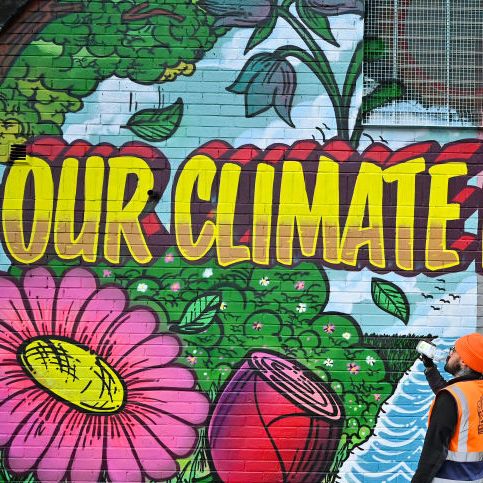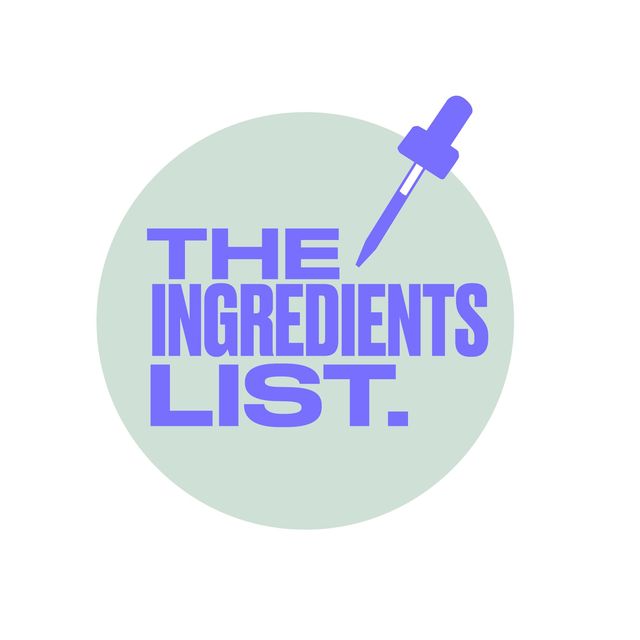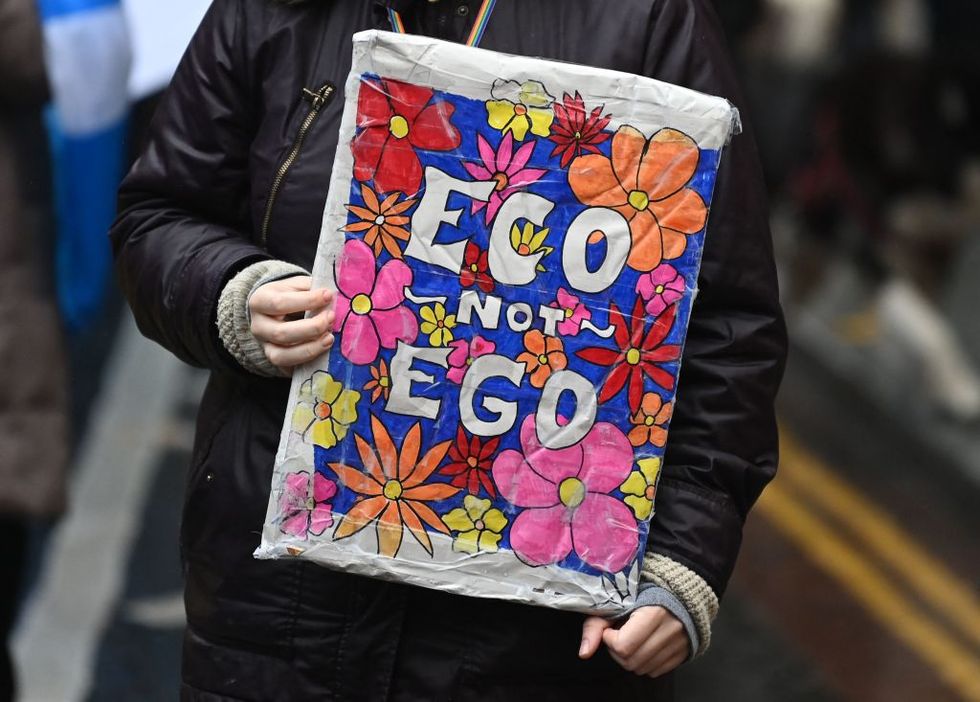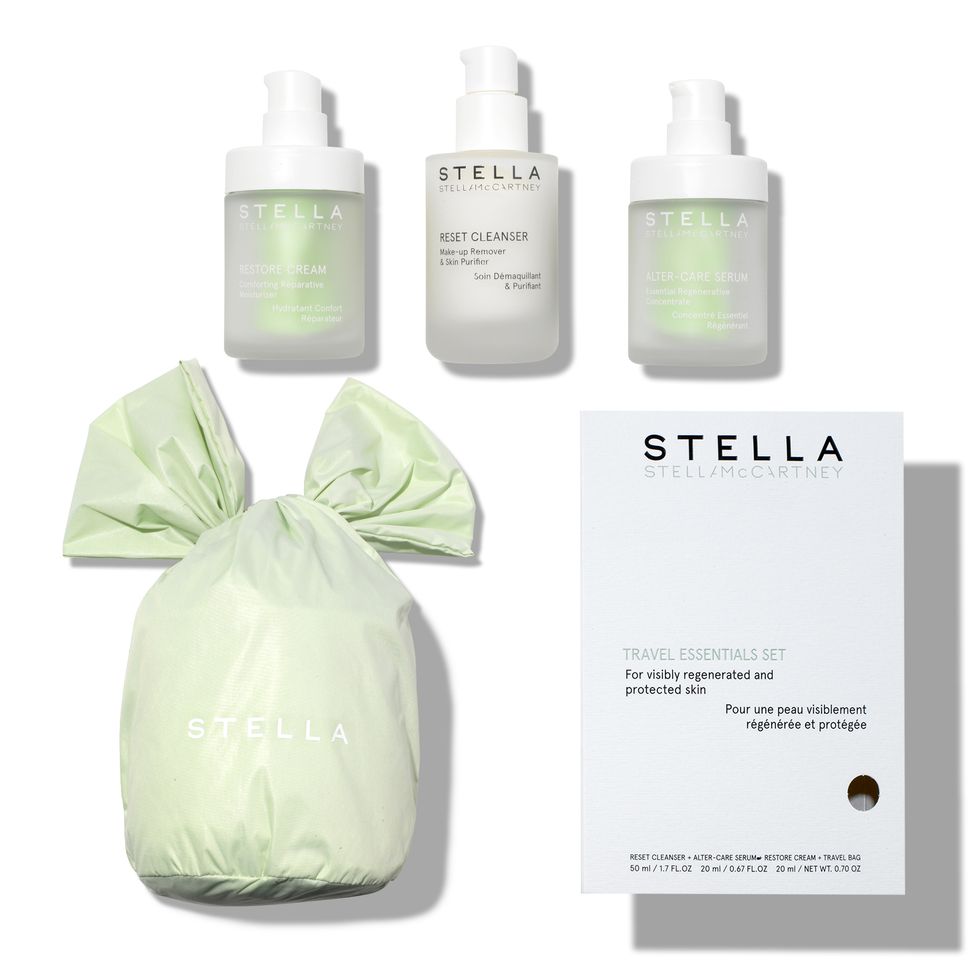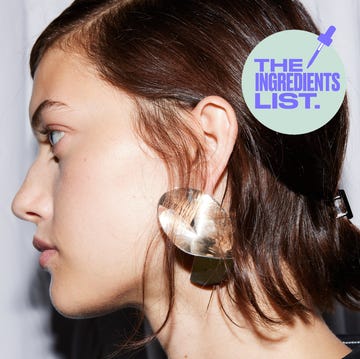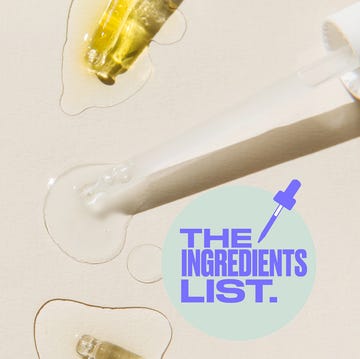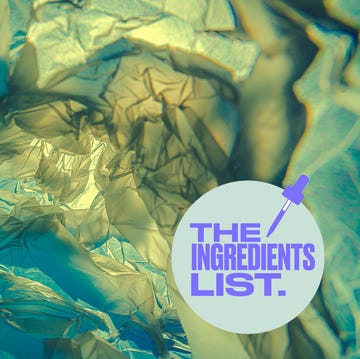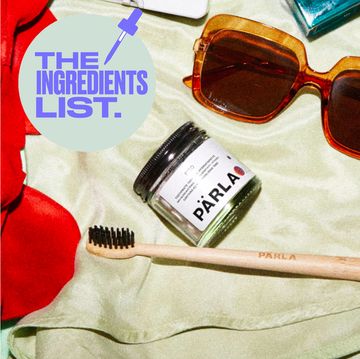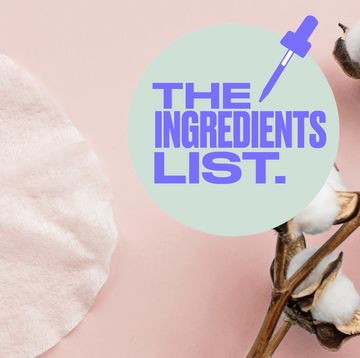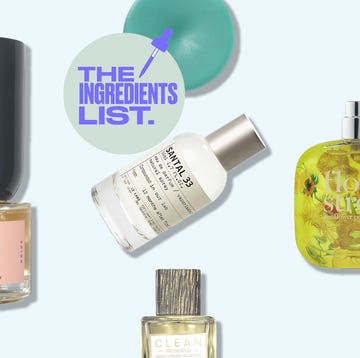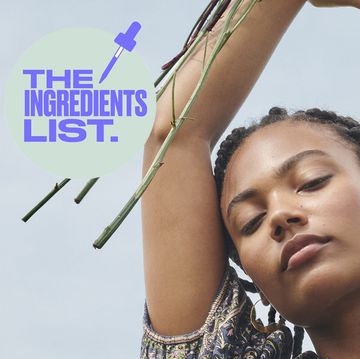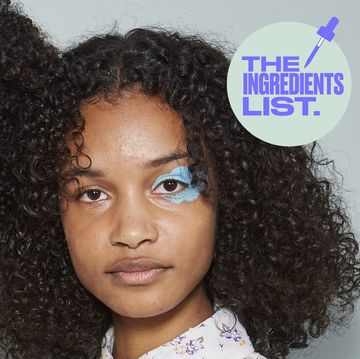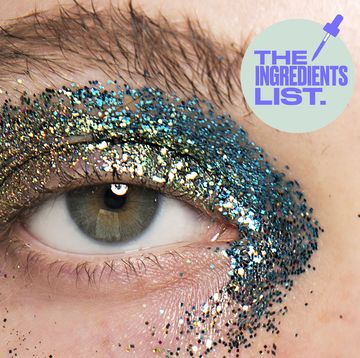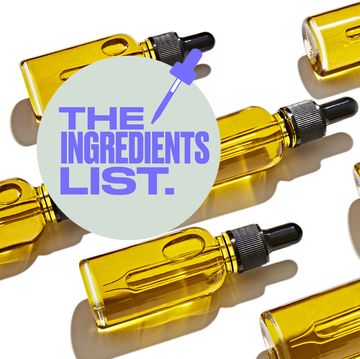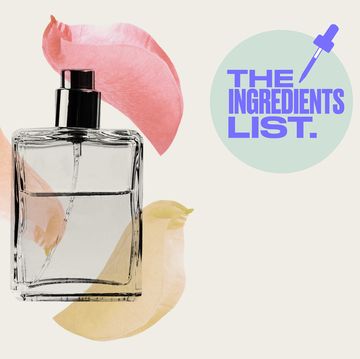The Ingredients List - Breaking down the what, where and why of natural and eco-friendly beauty.
Is this product cruelty-free? Can I this recycle this bottle? Does this brand meet my environmental expectations? Now, more than ever, beauty lovers are looking beyond the brand aesthetic and scrutinising the environmental impact of beauty buys before making a purchase.
Sustainable, ethical and conscious beauty has swiftly become the new gold standard across the industry, with independent and big name brands alike beginning to push sustainability to the forefront. From partnerships with recycling initiatives like Terracycle, to month long projects like Plastic Free July, and moves to cut ingredients like palm oil from product lines, the beauty industry beauty has begun a major climate-focused overhaul.
As it stands, since 1950 only 9% of the world’s plastic waste has been recycled. Around 12% is currently still burned, placing beauty –and all the plastic packaging that comes with it - firmly in the causation seat of an alarming majority of waste that ends up in landfills or out into nature (including plastic in our oceans). Due to this, cleaner, greener beauty has become an intrinsic part of the beauty industry’s future mandate. But, with calls for more radical climate action - i.e the Climate Clock - conversations about sustainability and ‘cleaning’ up the industry desperately need to move beyond the 'reuse, reduce, recycle' line.
Earlier this year, in an unprecedented effort to begin to ‘walk the walk’ and try to stem the impact of the global crisis that is climate change, nearly 120 world leaders gathered in Glasgow for COP26. After the underwhelming outcome of the October G20 summit, that saw leaders from the world's richest countries failing to agree on targets for issues such as ending coal power, COP26 was touted as a much-needed stake in the ground in the fight to save the planet. Despite best efforts from grassroots activists and climate changemakers across the weekend, the results of the talks were less than reassuring, with minimal immediate steps cemented and lengthy wait periods on net neutrality. All in all, COP26’s lacklustre results were surmised by Swedish climate activist, Greta Thunberg, as simply more, ‘blah, blah, blah.'
Despite refillable perfumes and shampoo bar switches continuing to signify the beauty industry’s commitment to change from within, when put in context alongside COP26’s anti-climatic outcomes one message is clear: more needs to be done.
More than waves of superficial greenwashing, and more than temporary pledges. What's needed is a radical overhaul that goes beyond championing sustainable switches, from the top to bottom. 'All eyes are on this issue right now,' says Cathryn Woodruff Co-Founder, of the dissolvable and biodegradable body care line PLUS. ' In light of COP26, I think that the disappointment should fuel us in our change as brands because there is not one government or one body that we're going to be able look to to solve the climate crisis.'
Instead, explains Woodruff, COP26 has provided a rallying call for a 'continued effort, collaboration, looking at the science, because this is not a one weekend fix.' A movement that, says the founder ,'is equal parts frustrating, but also a sort of rejuvenation for us as a brand. We need to join efforts mobilised by collectives like CodeRed4Climate to answer the questions like, "How can we continue to make it easier and more accessible for consumers to make better choices for the environment?"' When creating PLUS, Woodruff says they endeavoured to improve the eco credentials of one of beauty's polluters – body wash.
'Body washes can be up to 90% water, so we thought from a product standpoint, how can we reduce the amount of water in ours?' By eliminating the water in a daily use product a host of green benefits became available: 'less water meant that the product was also lighter so therefore produced fewer emissions in transit,' explains Woodruff. 'This also opened up the conversation around packaging; because the product is dehydrated we were able to forgo plastic. This lead to the creation of our dissolvable wrapper made from FSC paper.' Zero waste packaging that is 'engaging, fun and magical and doesn’t feel like a compromise, or a sacrifice.'
For newly minted brands with untold access to beauty innovation, the practice of integrating sustainability from the ground up is now the blueprint, but what does radical change look like for more established beauty brands? According to Chris Davis, Global Head of Activism and Sustainability for The Body Shop, systemic change starts with accountability. 'While we wait for regulation to catch up brands can, and should, hold themselves accountable for going further and doing better. This includes seeking the opinions of key stakeholders, even if it makes them uncomfortable,' he explains.
One way in which the high street staple has begun to bridge the sustainability gap between boardrooms and customers has been through its certification as a BCorp. After a thorough process of checks and balances, BCorp members are held to the highest of standards, one that requires an equal commitment to purpose as well as profit. This consideration and responsibility for the impact of their decisions spans across employees, customers, suppliers, community and the environment. It’s a step that Davis explains is just one part of the company’s commitment to 'changing the system even if it equals more scrutiny about The Body Shops own practices.'
A scaling up of change for big brands - who inevitability have a much larger impact on the current beauty waste production – is crucial for change within the beauty industry’s approach to the climate crisis. It’s a responsibility that Davis explains The Body Shop wont shy away from. 'Our PET bottles and jars now use 100% recycled plastic and we have increased the use of recycled plastics in all other packaging, so that it now makes up almost 30% of all packaging.' In order to begin to offset their impact, the brand has also forged a partnership with Plastics For Change which uses Community Fair Trade recycled plastic from India (where almost a third of waste goes uncollected). 'Through this we’re supporting plastic "waste pickers" by providing better working conditions at a fair price.'
PLUS, perhaps even more dramatically, says the brand’s Global Head of Activism and Sustainability, 'By 2030 under Natura & Co’s Commitment To Life strategy, we hope that 100% of our packaging material will be reusable, recyclable or compostable and 50% of the plastic we use will be of recycled content.'
However, the unpicking and unlearning of our current beauty interactions won’t be an overnight change explains Woodruff. 'I think that there's specifically a very serious packaging problem in the beauty industry,' which is why the industry's reshaping continues has to be full scope. 'It's on us as brands to continue to innovate, continue to do R&D and make it easier for customers to make better choices,' she continues.
Far-reaching efforts to influence larger brands and businesses into reshuffling their priorities has no doubt become a generational calling card of centennials, fronted by activists like Greta Thunberg, Vanessa Nakate and UK-based campaigner, Mikaela Loach. It's this passionate rally cry for change that The Body Shop has also heeded. During COP26, the brand held a joint event with B Lab -the organisation behind the B Corp stamp - called ‘Boardroom 2030’. The event’s aim? To demonstrate what it would be like if businesses incorporated young people in the decision making process at board level, ahead of an announcement of a Youth Board at The Body Shop in 2022.
With unparalleled efforts from brands both big and burgeoning, change is clearly afoot and the future of beauty – sans 'blah, blah, blah' – is now.
